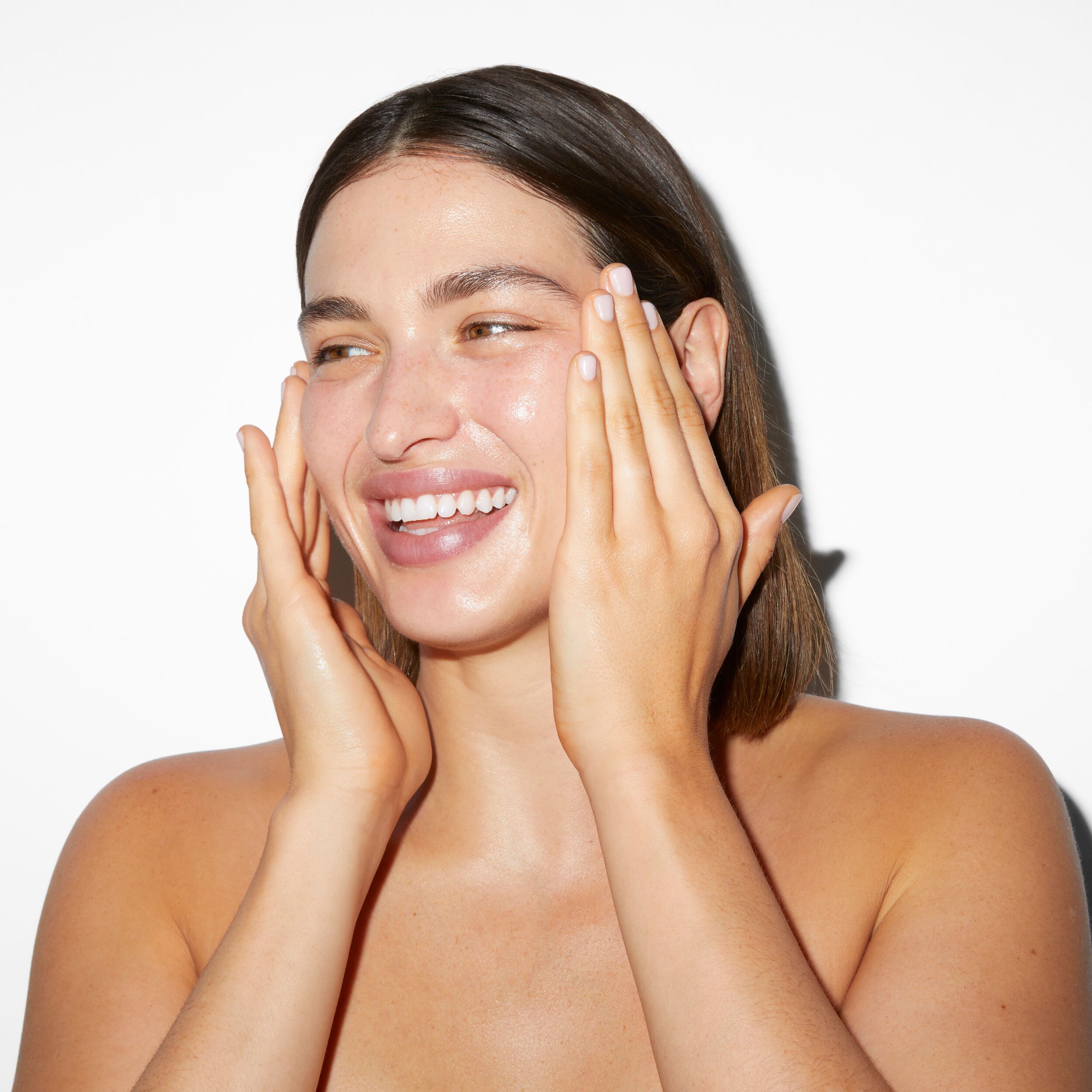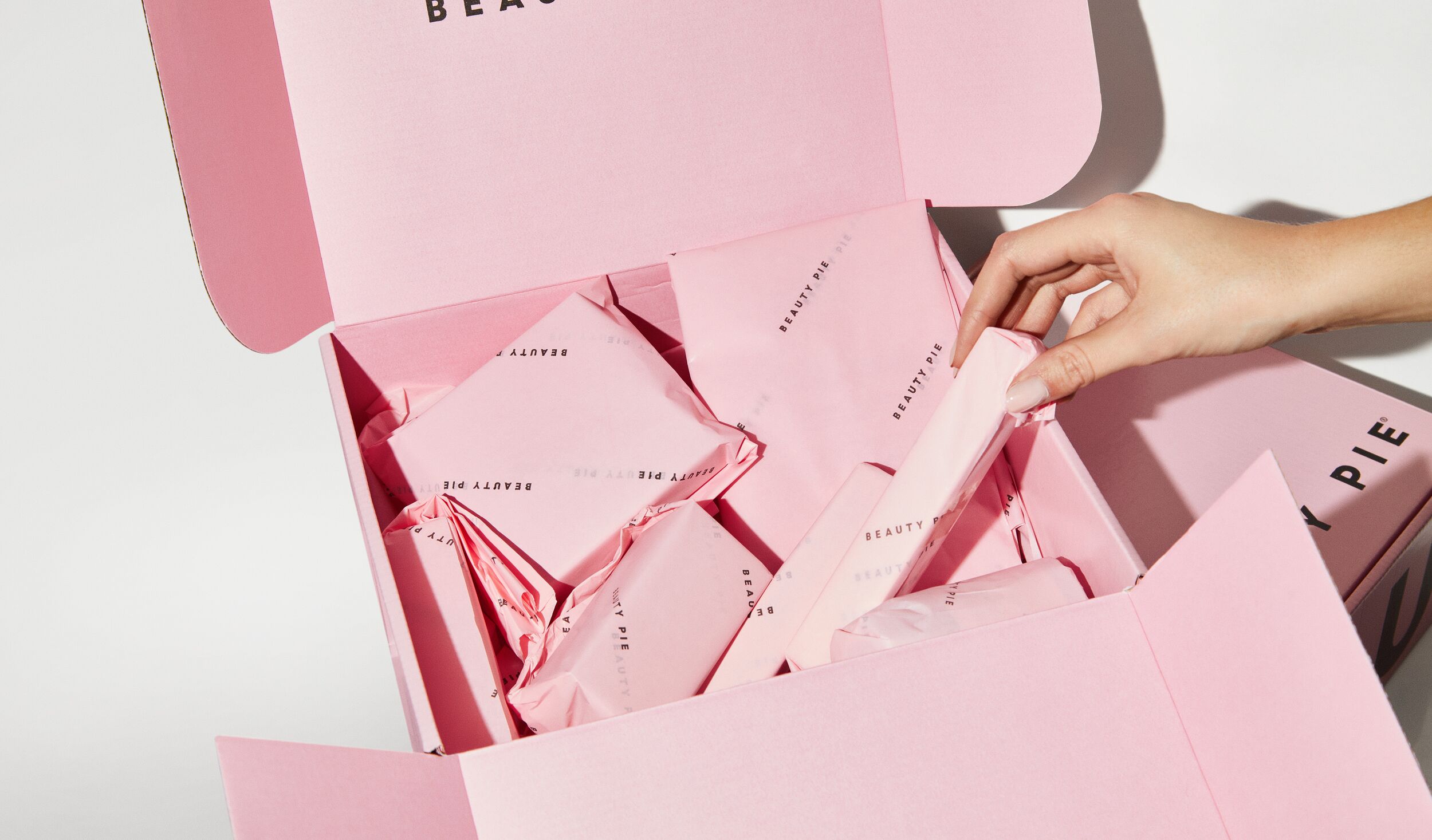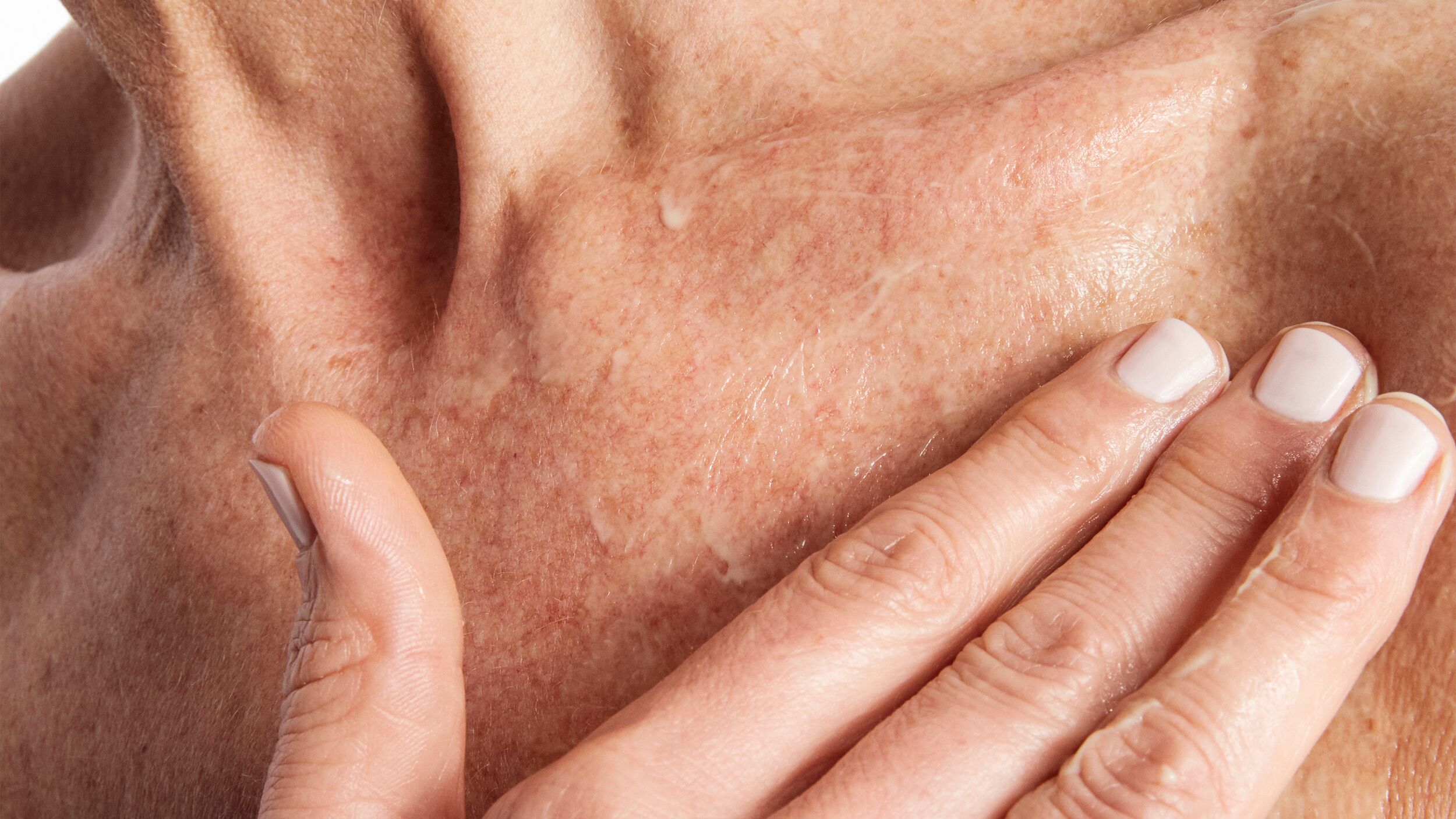
Between decoding percentages of various ingredients and deciphering which order to use your products in, there’s no doubt that finding the right skincare can be confusing. This is especially true for teenagers, who are often facing new, upsetting skin concerns all the while attempting to navigate oscillating hormone levels.
Many teens end up taking advice from social media, from users who are recommending potent products and active ingredients, like retinol and alpha hydroxy acids, that aren’t necessarily suitable for young skin. As a result, there’s been a rise in the number of young people experiencing skin irritation, sensitivity and inflammation. To help clear things up, we spoke to an expert dermatologist to reveal the exact ages that different skincare ingredients should start to be used.
Young Teens Using Skincare
There’s a growing trend for ‘Gen Alpha influencers’ to share their skincare routines on social media. Kim Kardashian's daughter North West, 10, frequently shares skincare TikTok content on her joint account with Kim, and her videos amass millions of views. Her cousin Penelope Disick also shares skincare routines and product recommendations. While these videos may initially seem harmless, some of the recommendations feature pretty hard-hitting products, containing strong active ingredients that could cause problems for young skin.
Can Tweens Use Retinol And Acids?
“Young, sensitive skin doesn’t need AHAs, BHAs or retinol which is designed for a more mature skin,” says Dr. Debra Jaliman, dermatologist. “These ingredients can be irritating and aren’t necessary. They can cause dryness, redness and really should be used for an older, more mature skin with lines, wrinkles and clogged pores."
We also recommend tweens and young teenagers avoid products with Vitamin C, and anything that calls out ‘anti-aging’ or ‘anti-wrinkle’ specifically. Using these ingredients at such a young age could overload the skin with unnecessary actives.
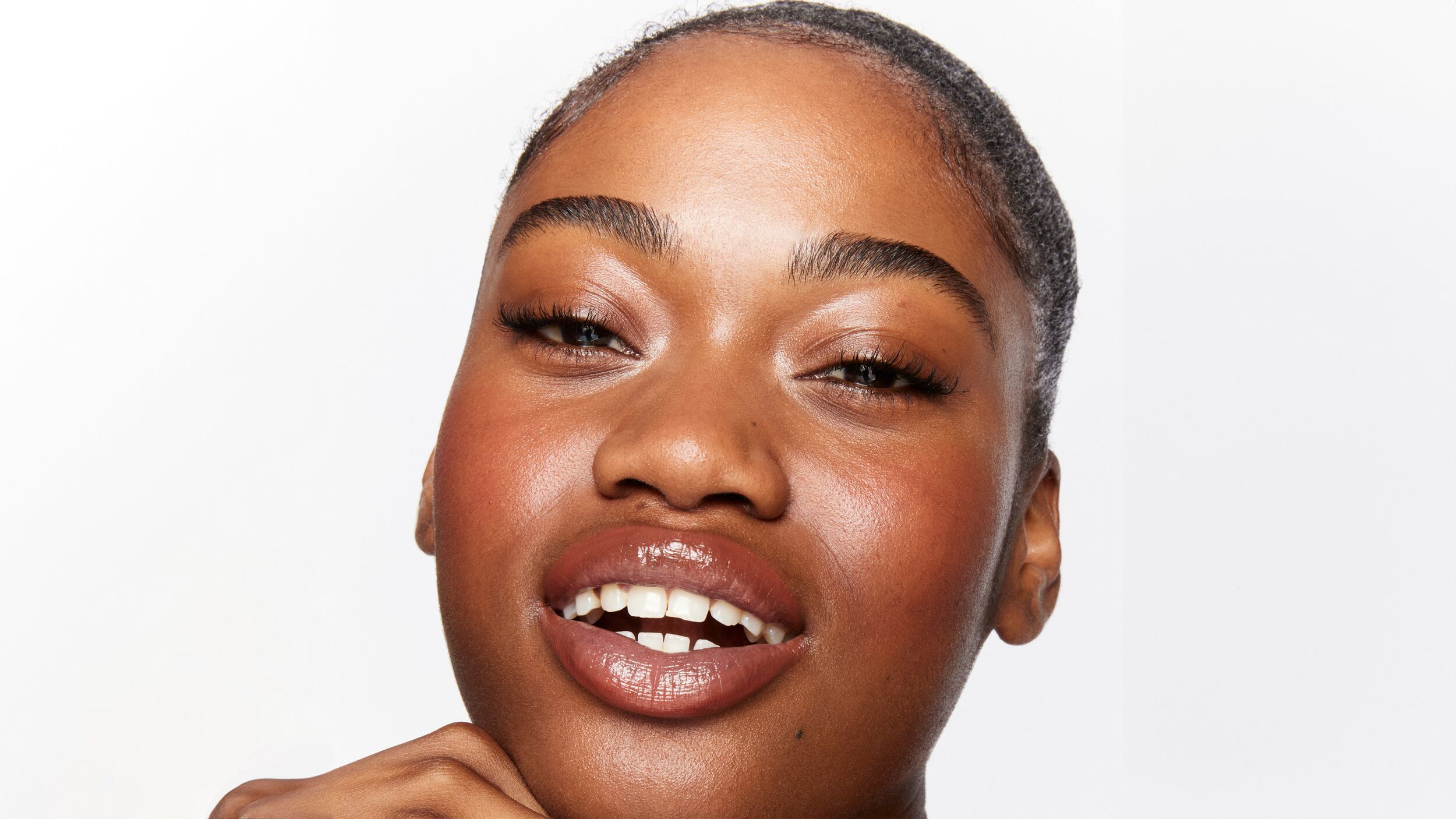
The Optimum Age to Start Using Different Skincare Ingredients
Skincare that can be used from age 12
The BEAUTY PIE editorial director Nicola Moulton says: “young tweens and teenagers do not need a skin miracle! They just need good gentle cleansing and hydrating with products that are kind to skin and fun to use.”
Zinc Oxide
Zinc oxide is a common ingredient found in ‘physical’ sunscreens2,, and protects the skin by forming a barrier on top of skin that reflects UV light, rather than chemical sunscreens, which penetrate the skin barrier and prevent UV damage from deeper within. This means Zinc Oxide can be a safer choice for skin prone to sensitivity, including younger skin.
Squalene
A favourite of Dr. Jaliman, squalene3 is a hydrating ingredient that is usually derived from plants like sugarcane and olives. It is incredibly hydrating to the skin, and a great ingredient for anyone with dry or dehydrated skin.
Marula Oil
Marula oil is an oil that is extracted from the kernels of the fruits of Marula trees and has a high concentration of antioxidants. As a non-comedogenic oil4, it’s very light and doesn’t clog pores, and it can also help to diminish the appearance of scars, stretch marks, dryness, and cracking.
Hyaluronic Acid
Also known as the miracle hydrating molecule, research5 has revealed that hyaluronic acid can retain up to 100x its weight in water, making it a very effective hydrator. The best hyaluronic acid serums feature multiple molecular weights of the ingredient to hydrate skin deep down as well as at the surface level.
Skincare that can be used from age 14
Benzoyl peroxide (if prescribed by a medical professional)
Benzoyl peroxide is used to treat mild to moderate acne6 and can be used from the age of 14 under the guidance of a medical professional. It works as an antiseptic to reduce the number of acne-causing bacteria on the surface of the skin.
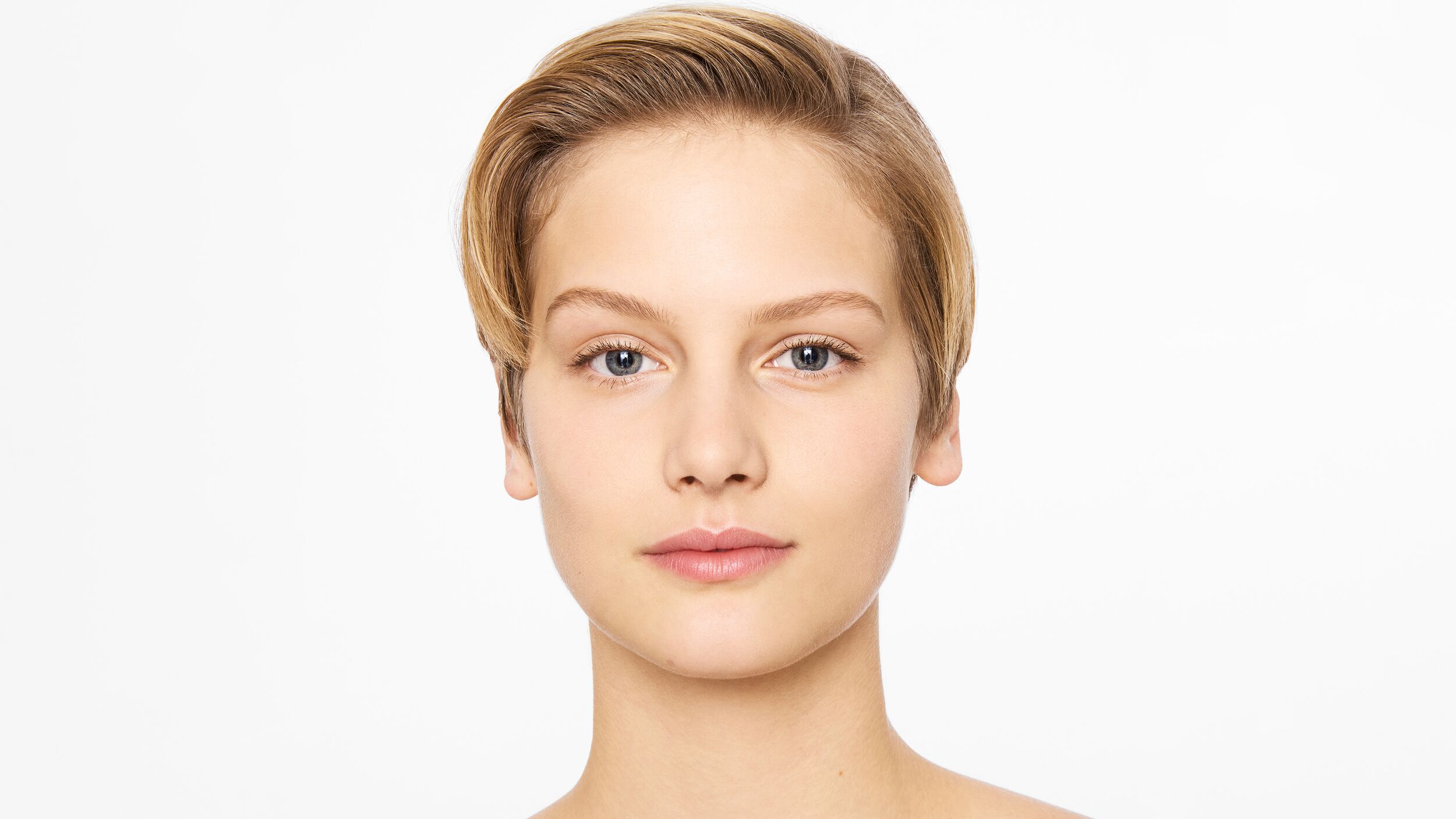
Skincare that can be used from age 18
Niacinamide
Studies1 show Niacinamide, a form of vitamin B3, can help to improve skin health for acne-prone or inflamed skin by helping to boost hydration, calm inflammation and strengthen the skin barrier.
Ferulic acid
Ferulic acid is often used in skincare to reduce the appearance of sun damage and age spots and therefore does not need to be used by anyone under the age of 18.
Vitamin C
Vitamin C is a potent antioxidant that helps protect skin cells and helps to fight off free radicals10. However, the ingredient can sometimes cause mild irritation, especially in high concentrations, and is not something that young skins need
Peptides
Peptides are short chains of two amino acids that make up proteins in the skin. Peptides within skincare help to stimulate collagen production to alleviate the signs of ageing like volume loss and sagging, and as such are not necessary for younger skins.
AHAs
AHAs, also known as alpha hydroxy acids are a very effective ingredient found in a lot of toners and acne products. Although effective, AHAs can make the skin sensitive to sunlight 12 so it’s important to wear sunscreen every day with an SPF 30 or above. AHAs are recommended for use to anyone above the age of 18. If you overuse these products, they can cause skin irritation with redness, itching and peeling.
Beta hydroxy acid
Beta hydroxy acid, like Salicylic Acid, is one of the most common ingredients in anti-acne skincare products13, well-known for its ability to unclog pores and regulate sebum production. Side effect of overuse can be redness, burning, and itching so it’s important to use with caution.
Skincare that can be used from age 25
Retinol
Studies have shown that there is a potential for retinol to improve the effects of ageing skin, by exfoliating and boosting collagen production. It is a potent active ingredient8, that can cause irritation, dryness and increased sensitivity and isn’t suitable for use before the age of 21 – at the very earliest.
Collagen
Collagen is a type of protein that can be found in moisturisers - it improves the effects of ageing and is therefore not needed any earlier than 25 (or 21 at the earliest)11 to bolster the skin’s natural production, which starts to deplete at around this age.
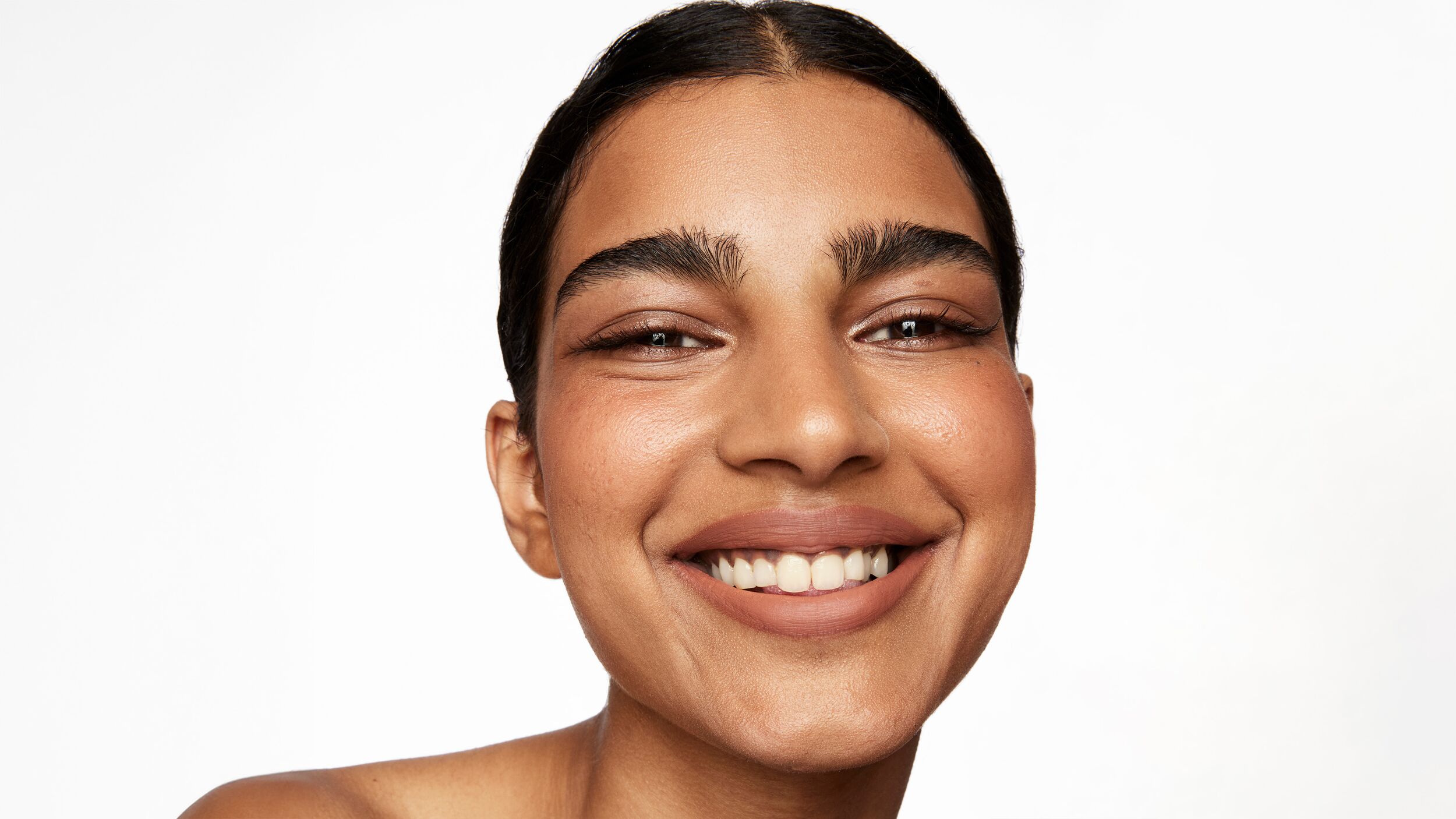
Skincare That’s Certified Safe For Young Skin
For young teens who are keen to start using skincare and want to create a routine that’s designed with young skin in mind, Beauty Pie worked with independent cosmetic regulators and safety assessors to curate a range of skincare that’s certified safe from age 12 and up, adhering to the strict product guidelines in both the US and UK.
How to Choose The Best Skincare for Young Skin
Young skin is more sensitive and prone to inflammation than adult skin, potent active ingredients should be avoided altogether. Anything that has ‘anti-ageing 'or ‘anti-wrinkle’ on the label also shouldn’t be used on young skin – it’s not needed and could overload skin with unnecessary actives.
Also look for ingredients like Ceramides, which support a healthy skin barrier, and products that are suitable for sensitive skin, too. When it comes to textures, go for lightweight formulations that won’t weigh young skin down.
How to Talk to Your Kids About Skincare if You’re a Parent
Explain the potential damage and impact of what certain ‘TikTok famous’ products can do to your skin in the long run, including redness, peeling and drying out the skin.
Avoid guilt tripping or shaming your child if they’re using these products, but suggest alternatives that are better suited to younger skin.
Promote confidence and help your teen to feel confident in their young and glowing skin
Footnotes
https://health.clevelandclinic.org/niacinamide
https://my.clevelandclinic.org/health/drugs/18700-zinc-oxide-cream-ointment-paste
https://en.wikipedia.org/wiki/Squalene
https://www.newdirectionsaromatics.com/blog/products/all-about-marula-oil.html#:~:text=lustrous%20and%20resilient.-,Used%20medicinally%2C%20Marula%20Oil%20works%20to%20diminish%20the%20appearance%20of,suitable%20for%20all%20skin%20types.
https://my.clevelandclinic.org/health/articles/22915-hyaluronic-acid
https://www.nhs.uk/medicines/benzoyl-peroxide/about-benzoyl-peroxide/
https://www.ncbi.nlm.nih.gov/books/NBK539693/
https://pubmed.ncbi.nlm.nih.gov/3054426/
https://www.webmd.com/beauty/features/ferulic-acid-skin#:~:text=Ferulic%20acid%20prevents%20the%20appearance,genetic%20tendency%20for%20dark%20spots.
https://www.nhs.uk/conditions/vitamins-and-minerals/vitamin-c/
https://revivecollagen.com/blogs/news/at-what-age-does-collagen-production-slow-down-and-when-you-can-start-taking-collagen-supplements#:~:text=You%20can%20begin%20taking%20collagen,natural%20depletion%20as%20you%20age.
https://www.fda.gov/cosmetics/cosmetic-ingredients/alpha-hydroxy-acids#:~:text=These%20studies%20(1)%20compared%20the,discontinued%2C%20and%20(3)%20investigated
https://www.fda.gov/cosmetics/cosmetic-ingredients/beta-hydroxy-acids
https://www.ncbi.nlm.nih.gov/pmc/articles/PMC4976416/#:~:text=It%20protects%20the%20skin%20from,has%20antitumorigenic%20and%20photoprotective%20properties.
